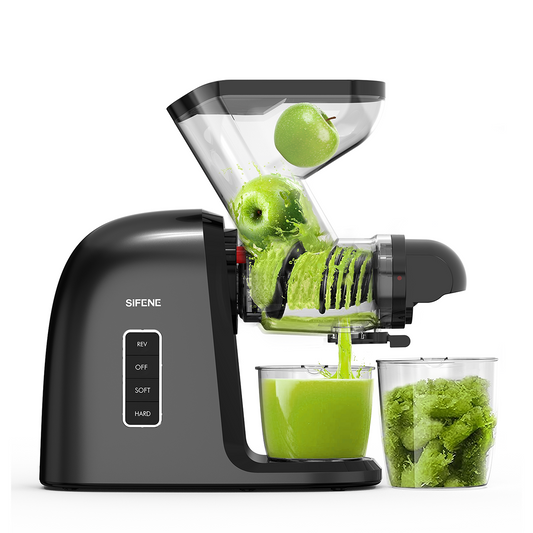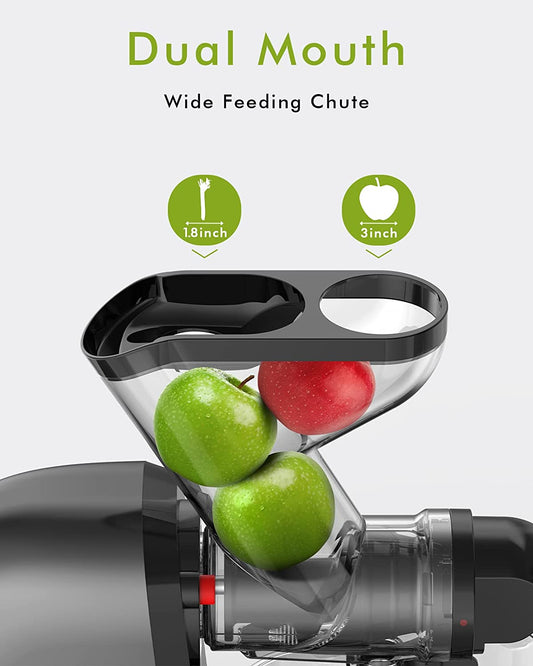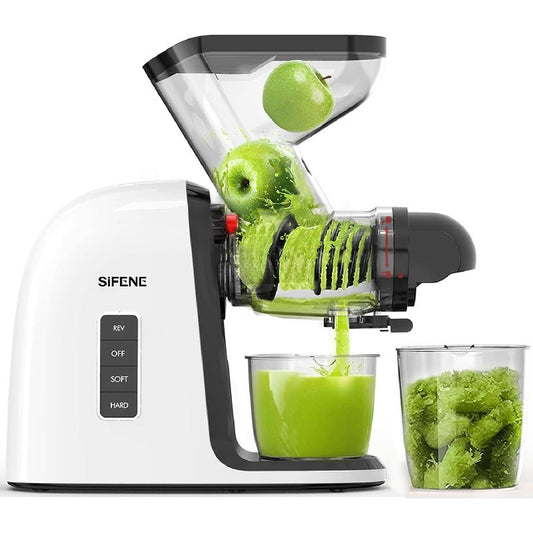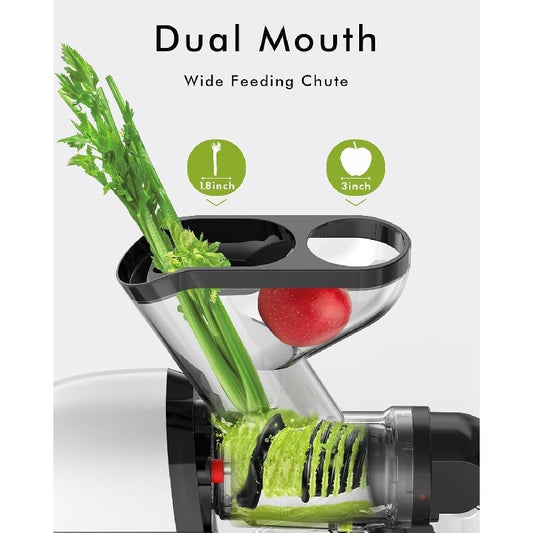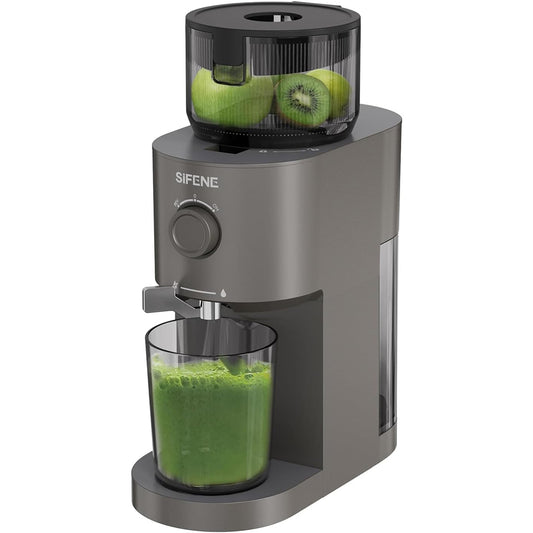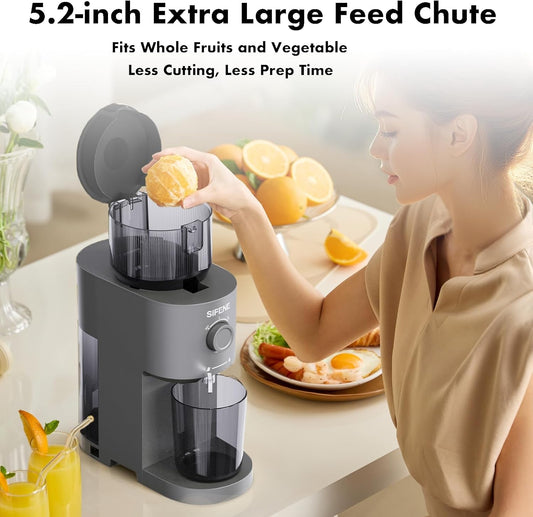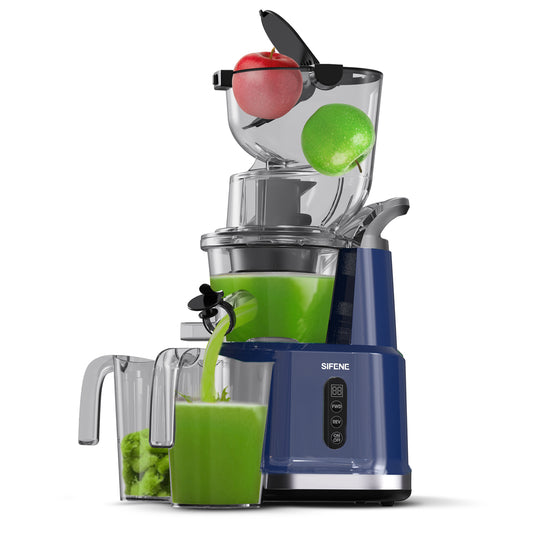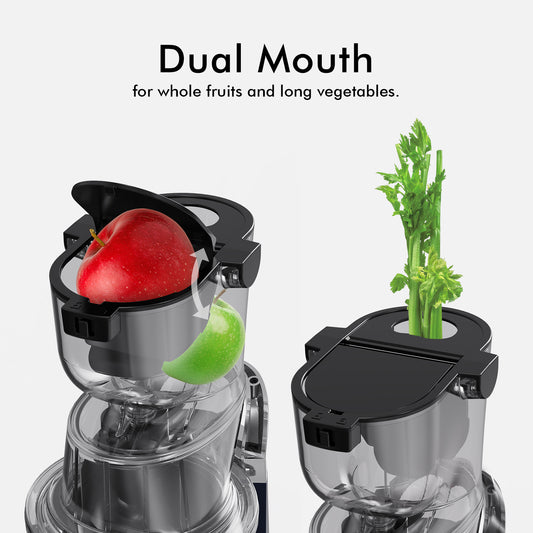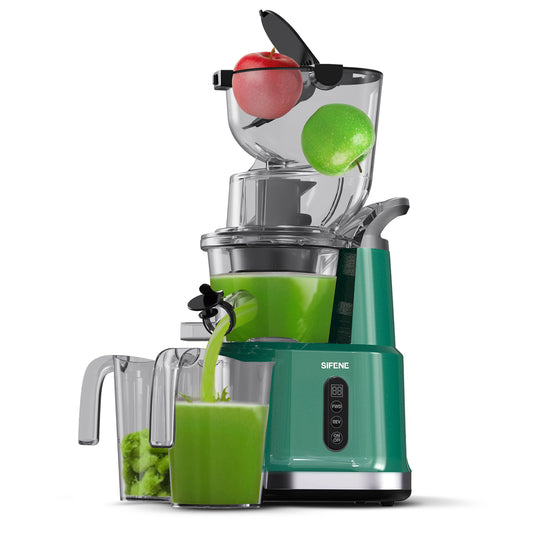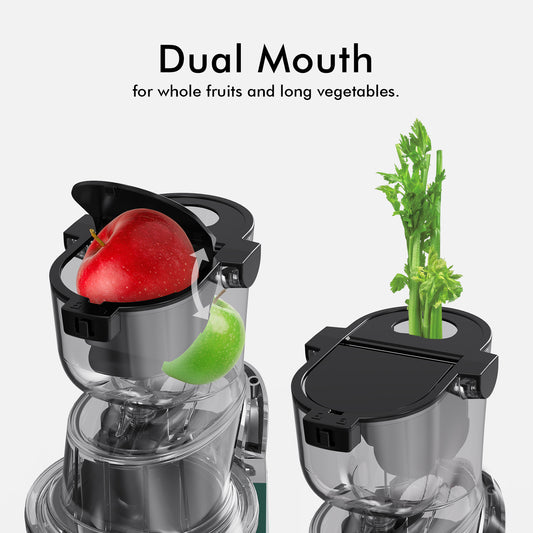Drinking juice immediately after it has been made is the most ideal way to consume your juice, but making it ahead of time can be a huge time saver for many of us. Being prepared can make any regular juice consumption more attainable.
So what happens when we make them ahead of time? We store them! Storing juice can be a juicers saving grace. Work commitments, travel, personal situations and a busy schedule are all hindrances to consuming freshly made juices immediately.
Being able to make them ahead of time in preparation for those busy periods can be the only way you may be able to commit yourself to a juice fast or even be able to get them down regularly.
The best tactic is to know how to store them to reduce possible nutrient degradation as much as possible:
Store your juices in glass airtight containers.
Store your juices immediately after preparation.
Fill your juice up to the top as much as possible to reduce oxygen exposure within the container.
Add a piece of citrus such as a lemon, lime or grapefruit, this can help reduce nutrient loss by boosting the Vitamin C content, citric acid and other antioxidants in your juice (just like a lemon squeezed over avocado or apples reduces the browning and oxidation).
Store your juices always in a dark cool place when travelling, it is advisable to use a cooler bag with ice packs to reduce any nutrient loss.
Juices can be stored in the fridge for 24-48hrs and up to 72hrs at the absolute most.
We suggest when needing to store juices for longer than that, you then need to freeze them. If freezing, it is advisable to not fill them right to the top to allow room for expansion. Leave at least ½ inch at the top. When thawing them it is advisable to thaw in the refrigerator and drink immediately.
The process that causes apples to go brown so quickly is known as oxidation, which is simply a reaction of the nutrient compounds being exposured to oxygen. Juice is even more susceptible to oxidation because when fruits and vegetables are juiced the cell walls of the produce are broken down which allows the nutrients to be exposed to air, heat and light and with time these factors will contribute to the nutrient degeneration. The longer a juice sits around for, the more the juice nutrients will be oxidised and damaged.
After 72 hours in the fridge:
Your juice nutrient loss will be high
The juice will also appear dull and darker in colour from the increased nutrient loss and oxidation
The flavour will also change and it may be quite unpalatable
There is also the risk of unhealthy bacterial growth in your juice if it’s stored in the fridge for too long a period and it may cause an upset stomach.
Follow our tips for juice storage and you can be assured that you are getting the most out of your juices.
Featured collection
-
Dual Mouth Masticating Juicer Max Gray
Regular price $129.99 USDRegular priceUnit price per$99.99 USDSale price $129.99 USD -
Dual Mouth Masticating Juicer Max White
Regular price $129.99 USDRegular priceUnit price per$99.99 USDSale price $129.99 USD -
Whole Fruit Cold Press Juicer Large Feed Chute Gray
Regular price $129.99 USDRegular priceUnit price per$149.99 USDSale price $129.99 USDSale -
Whole Fruit Cold Press Juicer Large Dual Mouth Blue
Regular price $129.99 USDRegular priceUnit price per$199.99 USDSale price $129.99 USDSale -
Whole Fruit Cold Press Juicer Large Dual Mouth Green
Regular price $129.99 USDRegular priceUnit price per$199.99 USDSale price $129.99 USDSale

